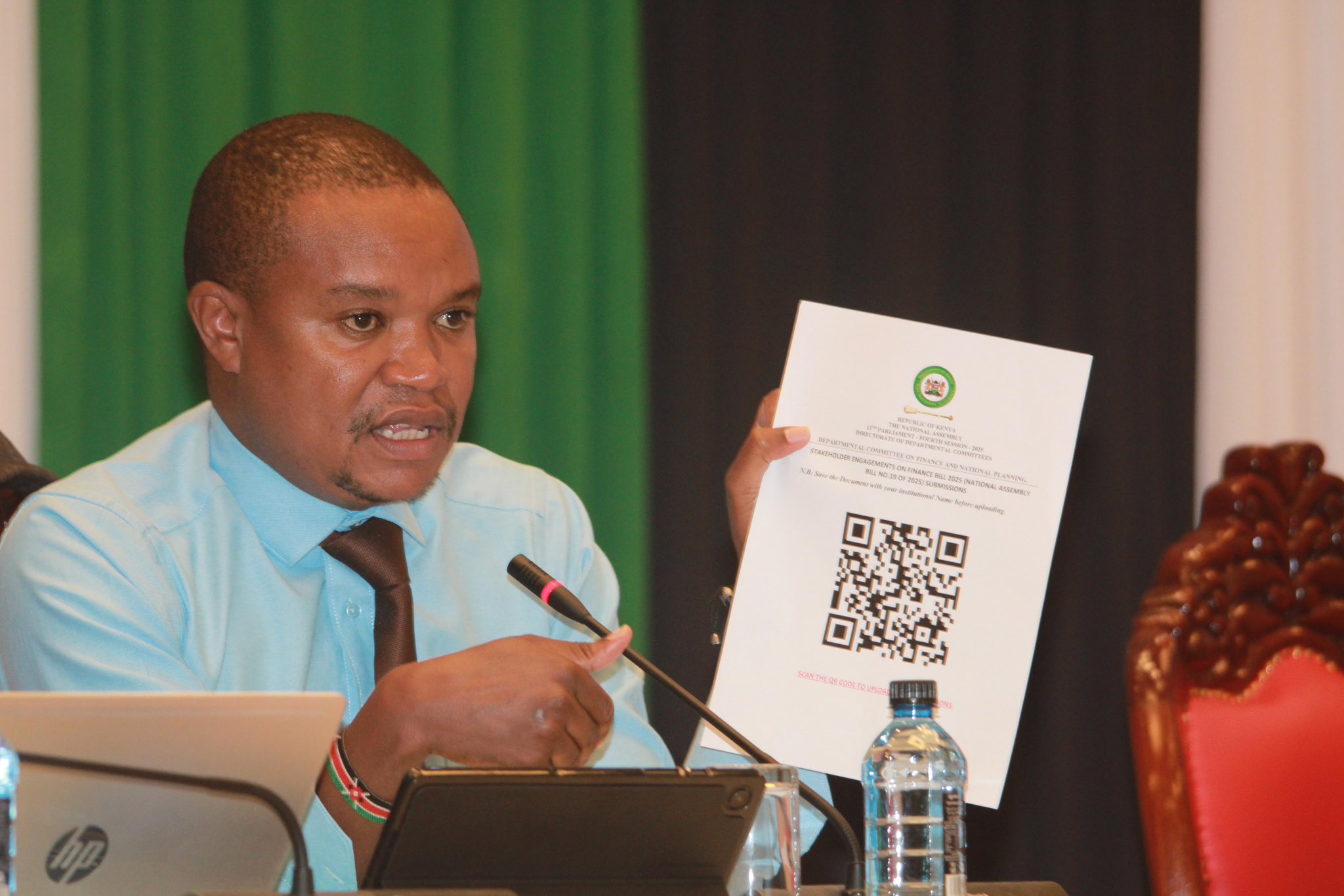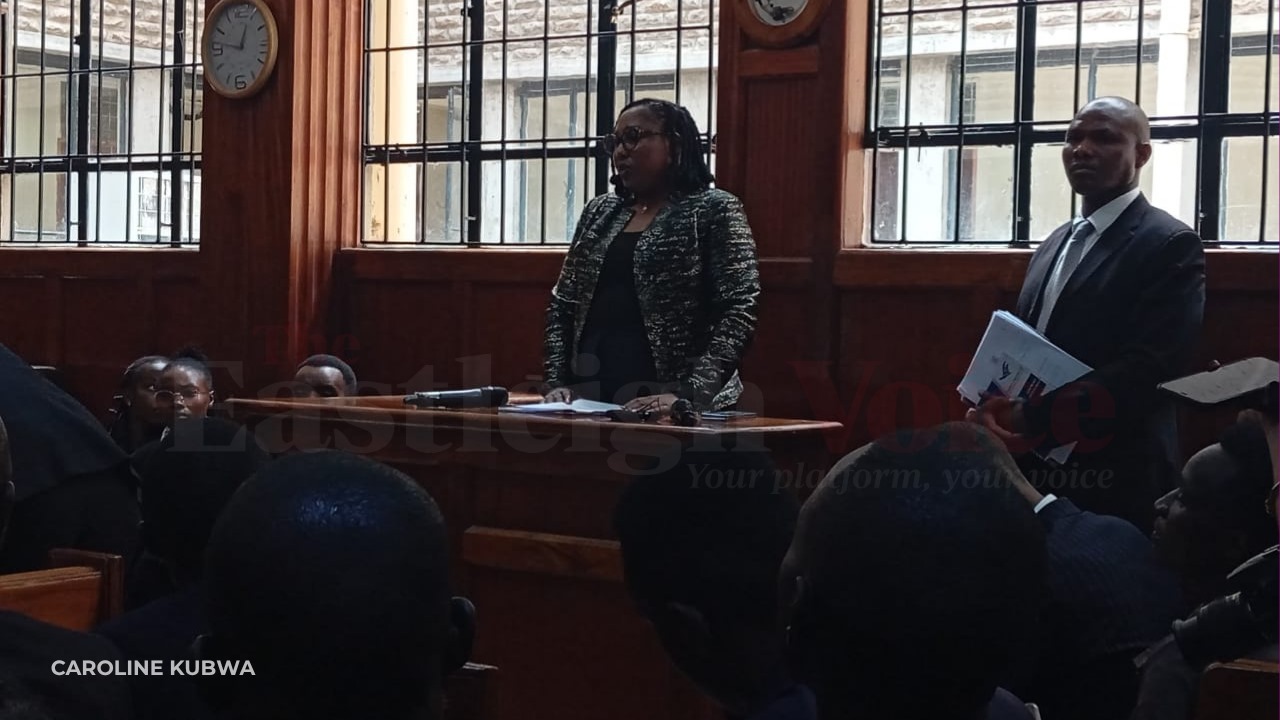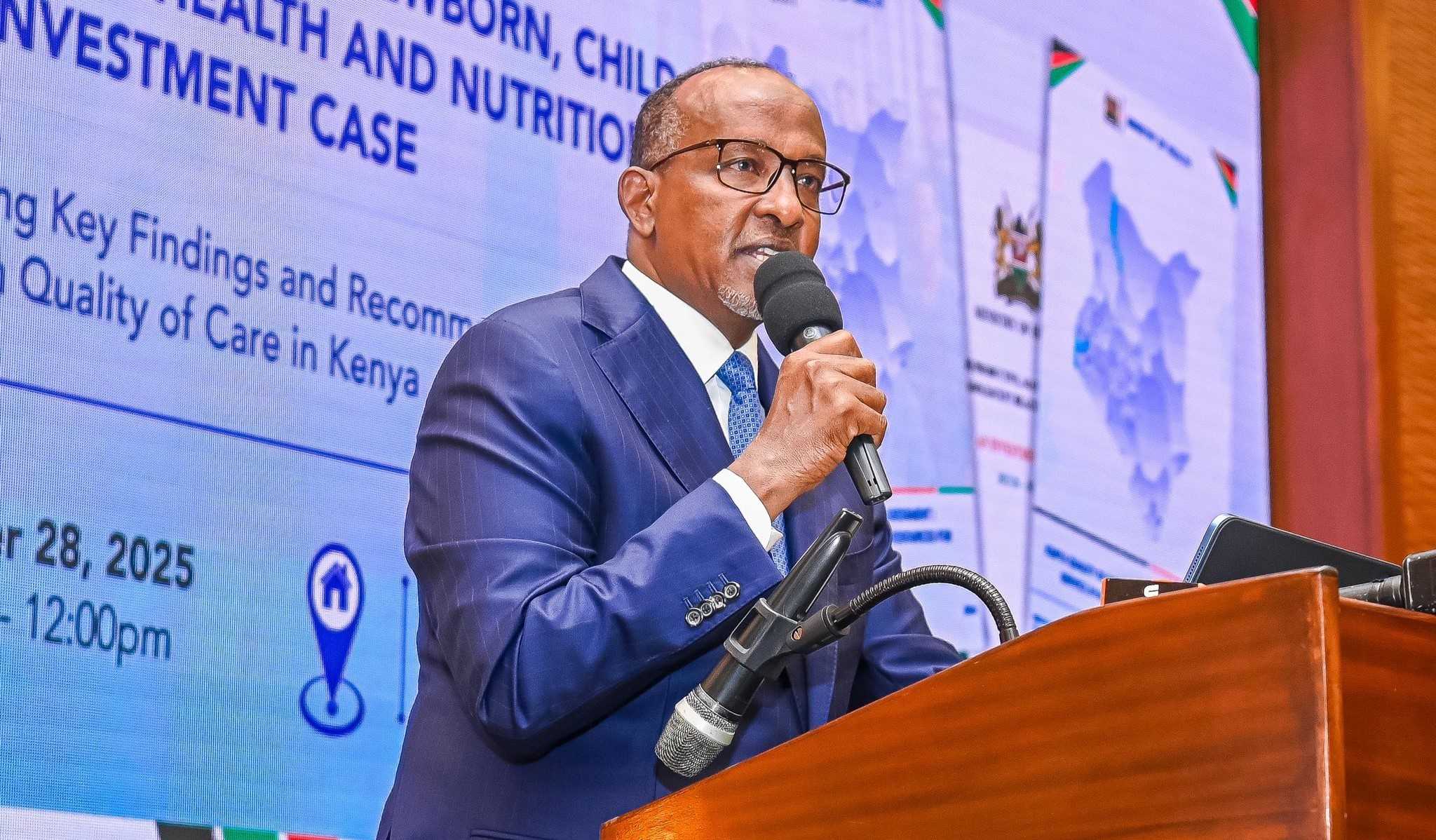LSK, auditors reject key privacy and liability clauses in Finance Bill 2025

Another contested aspect is clause 50b, which proposes extending the timeline for processing tax overpayment claims, from 90 to 120 days for initial claims and from 120 to 180 days for reviews.
The Finance Bill 2025 has come under scrutiny from key legal and audit bodies, with the Law Society of Kenya (LSK), KPMG East Africa, Ernst & Young, and CDH Law Firm all opposing critical clauses that they say threaten individual rights and economic stability.
Central to the controversy is a provision that would grant the Kenya Revenue Authority (KRA) automatic access to taxpayers’ trade secrets and personal data, even when appeals are underway.
More To Read
- High Court rules in favour of KRA in Sh1.1 billion tax dispute, orders fresh tribunal hearing
- Treasury reports Sh16.9 billion in excise duty waivers amid push for local manufacturing
- Relief for Saba Saba protesters as Makadara court slashes bail to Sh30,000
- LSK shuts down illegal law offices in Malindi amid surge in fraud complaints
- IMF questions Kenya’s exchange rate policy amid new funding negotiations
- KRA retains fringe benefit tax rate at 8 per cent for October–December 2025
This move, they argue, undermines due process and taxpayers’ rights to fair adjudication. Equally contentious is a clause seeking to make spouses of tax defaulters personally liable for outstanding tax debts, a proposal rejected unanimously as it disregards individual financial responsibility.
"Someone seeking credit facilitation and defaults is a personal venture," LSK emphasised, highlighting that holding spouses accountable for another’s tax obligations is unfair and could have serious social implications.
KPMG East Africa and LSK also challenged the bill’s allowance for the KRA Commissioner to issue agency notices during ongoing appeals, stating that it would erode taxpayers’ protections and disrupt the legal process.
Another contested aspect is clause 50b, which proposes extending the timeline for processing tax overpayment claims, from 90 to 120 days for initial claims and from 120 to 180 days for reviews.
Critics warn that this change would negatively affect cash flow for taxpayers and could destabilise the economy by delaying refunds.
In addition, the Law Society of Kenya opposed the proposed removal of a 15 per cent income tax rebate for companies constructing at least 100 residential units annually.
This rebate, introduced in 2017 to encourage affordable housing development, has been credited with attracting investment.
Removing it, they argue, could discourage both local and foreign investors, potentially slowing growth in the housing sector.
The National Assembly Finance Committee, chaired by Kuria Kimani, responded by saying, "We will consider your views as stated."
Public hearings on the Finance Bill are ongoing alongside discussions on the Virtual Assets Providers Bill 2025, which addresses tax regulations for cryptocurrencies.
Top Stories Today












































